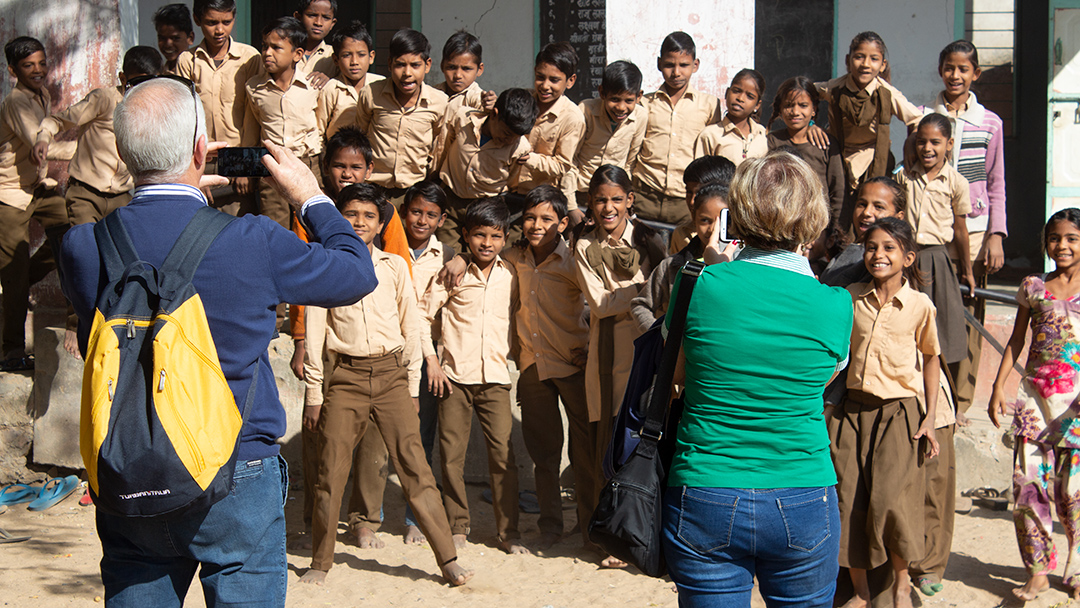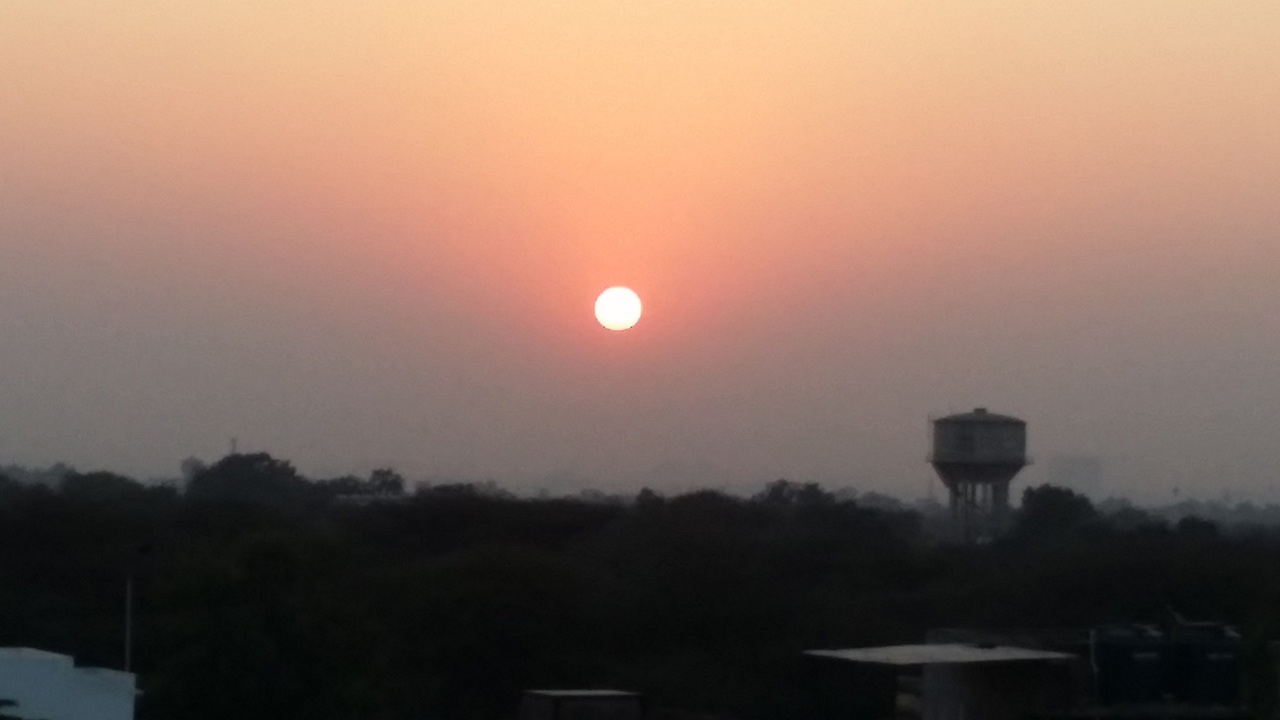
Update from Ikaki Bagh
Key points
- It is high summer at Ikaki Bagh, traditionally a low tourist season
- We are making the best use of our time imposed by COVID-19. But are very worried for the future of social tourism in India until a vaccine is discovered and shared
- India continues to be challenged by COVID-19. Rural and regional India is relying heavily on the National Rural Guarantee Insurance Scheme (NRGIS)
Firstly, we wish to thank all friends and supporters who have contacted us to check on our well-being. Your thoughts and support mean an enormous amount to us.
A local update
Our Summer has been typically hot with temperatures edging over 40 degrees centigrade (100+ F.). Work on the farm is mostly focused on the repair and maintenance of equipment and facilities. It is vital all our drip and sprinkler systems are in good operational condition and ready for the Spring/Winter months.
We are continuing to do intensive research and development work towards establishing visitor accommodation at Ikaki Bagh. We have made great progress. We like to describe ourselves as ‘realistic optimists’.
Again, our focus is on sustainable accommodation that aligns with our philosophy and objectives for Ikaki Bagh. We will work with suitably skilled and experienced experts who share our philosophic values and commitment.
This includes using some tried and true historic building techniques. This approach also reduces the carbon footprint of our construction.
Jhinjha Village continues to operate under the restrictions of the lockdown. Fortunately, the villagers are resilient and experienced in maintain farming operations in difficult times. However, there is some pressure and stress being felt with disruptions to employment outside the village. This particularly is impacting on some of the men in the village who often work as labourers in Jaipur City.
The Government advanced the annual Summer school holidays break in April. Schools continue to remain closed including our local primary school.
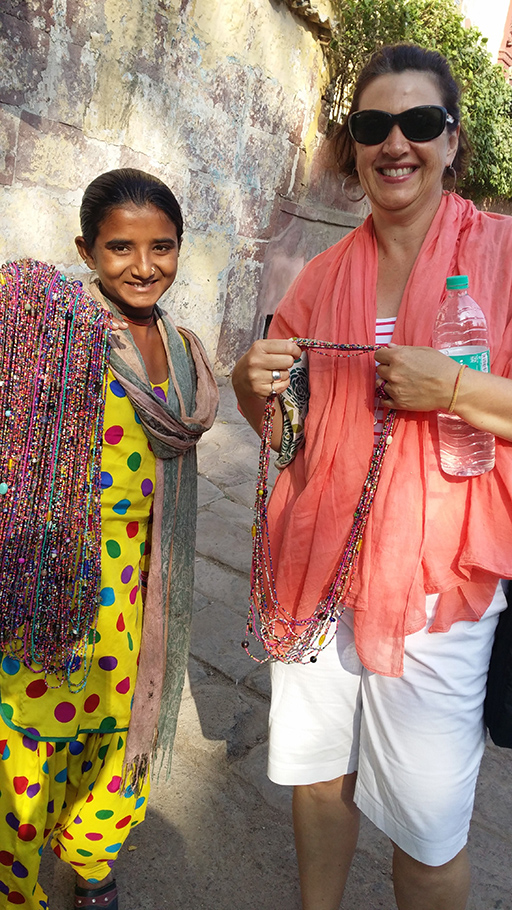
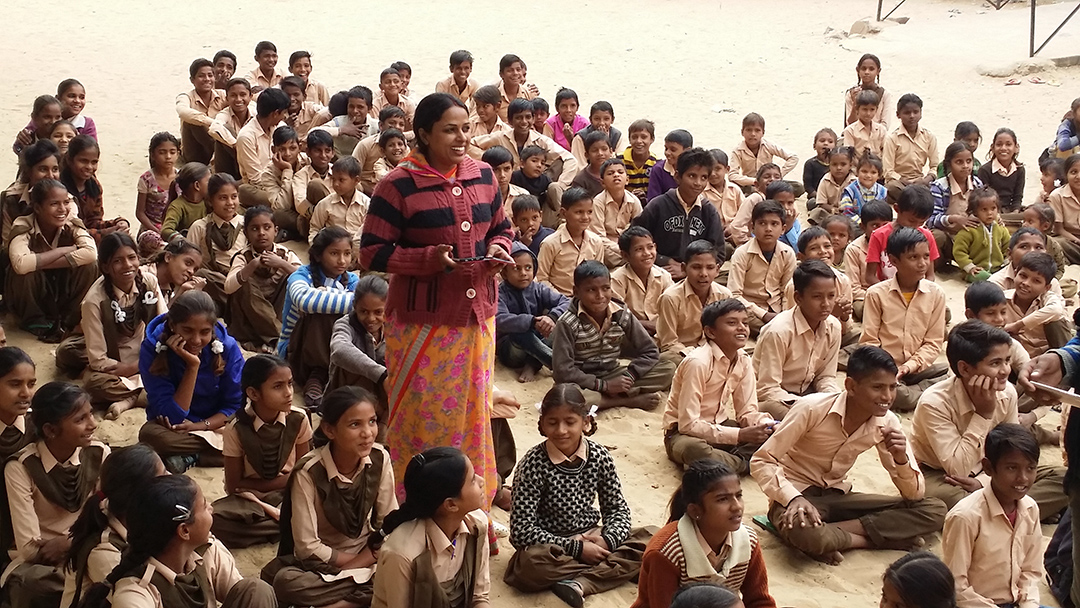
A challenging time for India and Rajasthan
The COVID-19 health situation in rural India is generally much better than the large cities. However, the economic fallout is deep and widespread.
Over 130 million migrant workers were ordered to return to their villages of origin as their employment in the cities collapsed. This included employment in factories and the tourism sector.
According to 2018 figures, tourism represented 9.2% of the country’s GDP. It supported 42.6 million jobs, which represented 8% of its overall employment.
In Rajasthan, tourism accounts for about 15% of the State economy. Rajasthan contributes about 11.2% of foreign tourist arrivals and about 3.3% of domestic tourists [Source: Department of Tourism, Rajasthan].
As a trading and commercial hub, Jaipur has a diverse economic base. However, tourism makes a major contribution to our city. The damage to the tourism industry is deep and widespread with many losing their jobs.
National Rural Guarantee Insurance Scheme
In 2005, an act of Parliament was passed focused on Indian labour law and social security measures, primarily aiming to guarantee the right to work. This law is known as the Mahatma Gandhi National Rural Employment Guarantee Act (MGNREGA).
The act aims to enhance livelihood security in rural areas by providing at least 100 days of wage employment in a financial year to every household whose adult members volunteer to do unskilled manual work.
The act potentially improves the employment opportunities for women and the socially disadvantaged.
Over the last decade, more than half the MGNREGA funds have been spent on water-related projects.
The effectiveness of MGNREGA is subject of rolling debate and analysis. Nonetheless, it remains a mainstay for alleviating some of the difficulties experienced by rural India.
The current pandemic has led to the loss of livelihood of substantial sections of the Indian population. With the economy, particularly production activities in big urban centres have come to a near standstill, a process of reverse migration to the villages took place. This has involved over 130 million people.
Locally, many teachers in private schools have lost their jobs. As a result, these teachers are now working as labourers under the MGNREGA.
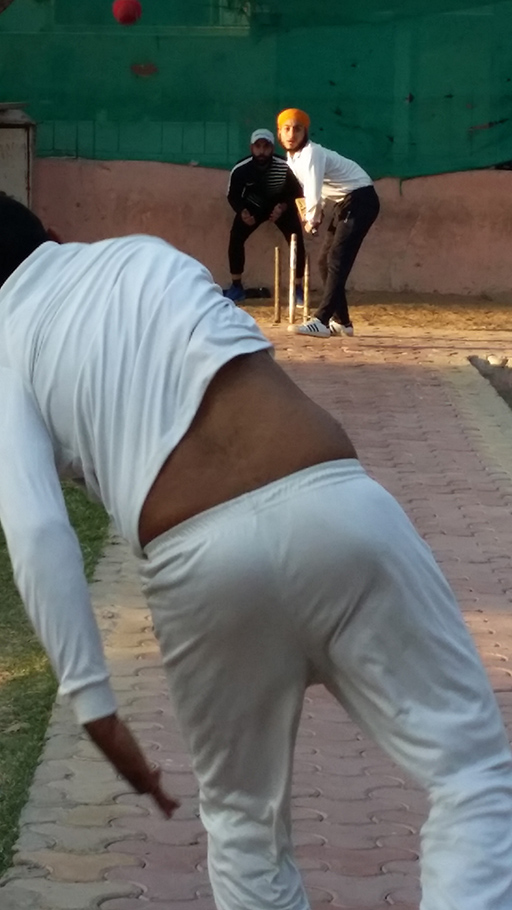
JD (Jaideo Rathore) commented,
“We are in difficult days in India. I have always been a great admirer of the National Rural Employment Guarantee Assurance Scheme. It provides a good chance for many people to be kept in some level of employment in rural India.”
“People are too quick to point to its loopholes rather than work to continually strengthen the scheme. The scheme can be a matter of life or death or poverty. India must still rely on labour-intensive programs and not fall into the trap at this point in time of undertaking large technology automation simply for economic saving’s sake.”
We are praying for the World and the day when our first visitors can return to Ikaki Bagh.
